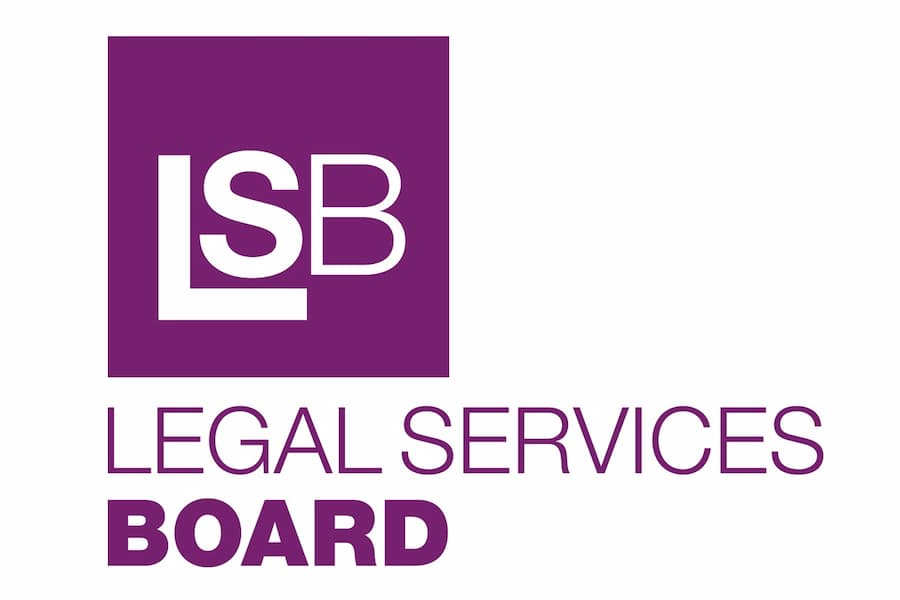Legal regulators must ensure standards of competence are met and maintained under new rules published by the LSB
The Legal Services Board (LSB) has today published a new statutory statement of policy requiring legal services regulators to ensure that lawyers have the necessary skills, knowledge and behaviours to maintain standards of competence on an ongoing basis.
Legal regulators will be required to set standards of competence, get a better understanding of lawyers’ competence, and set new measures to ensure standards are maintained. The statement of policy is designed to be “risk-based, outcomes-focused and flexible for the regulators to implement across their regulated communities”.
The LSB expects regulators to have fully implemented measures by January 2024 and has asked for progress updates by January 2023.
The changes aim to drive improved consumer outcomes by protecting consumers from harm and building public trust and confidence in the legal sector.
Before now, there were very few routine or formal measures to ensure lawyers kept their knowledge up-to-date while practising. This is out of step with public expectations and with approaches taken in other professions.
The launch of the new statement is the culmination of extensive policy development since 2019, including a wide public consultation and call for evidence, independent research and cross-sector engagement.
LSB consumer research conducted during the project shows a gap between what the public expects regarding lawyers’ competence and the current checks in place:
95% of people believe lawyers should have to demonstrate they remain competent throughout their careers.
When informed about current arrangements, almost nine in ten people (87%) think legal services regulators should do more to reduce the risk of a lack of competence undermining public trust in the legal system.
Explaining the changes, LSB Chair Dr Helen Phillips stated that the role of lawyers in “maintaining the fabric of our democratic society” is “vital”. Therefore, she said, the public “must be able to have confidence that they have the right skills, knowledge and behaviours to protect our interests, enforce our rights and keep us safe”. Phillips continued:
“The changes introduced today will mean regulators provide greater assurance that their regulated professionals remain competent throughout their careers, not just when they enter the profession.
Our work in this area concluded that no one can currently say, with any degree of confidence, how often competence issues arise among regulated lawyers. Addressing this gap will not just promote the interests of the public and consumers, it should also be in the interests of the profession and the fair and effective administration of justice.”
Law Society of England and Wales vice president Lubna Shuja commented:
“This will assist the profession to demonstrate to the public how it maintains and promotes high competence standards, so we welcome the LSB’s focus in this area.
The LSB has reiterated the need for regulators to follow an evidence-based approach, which we support. It has made it clear that any new measures must be proportionate and targeted only at cases where action is needed.
Collecting data to assess the competence of the profession will allow regulators to address the public perception of competence issues which was identified by the LSB. It will also allow regulators to identify and address, in a targeted way, any issues that may arise.
We will continue to liaise with the LSB and the Solicitors Regulation Authority on the implementation of this policy and will support our members in adapting to any changes made.”
On what will be expected of individual regulators, Phillips added:
“Each regulator will need to develop an evidence-based approach to implementing our policy that is suitable for their regulated community. We will monitor the regulators’ progress and continue to work with the sector to provide consumers with fairer outcomes, stronger confidence and better services.”




















